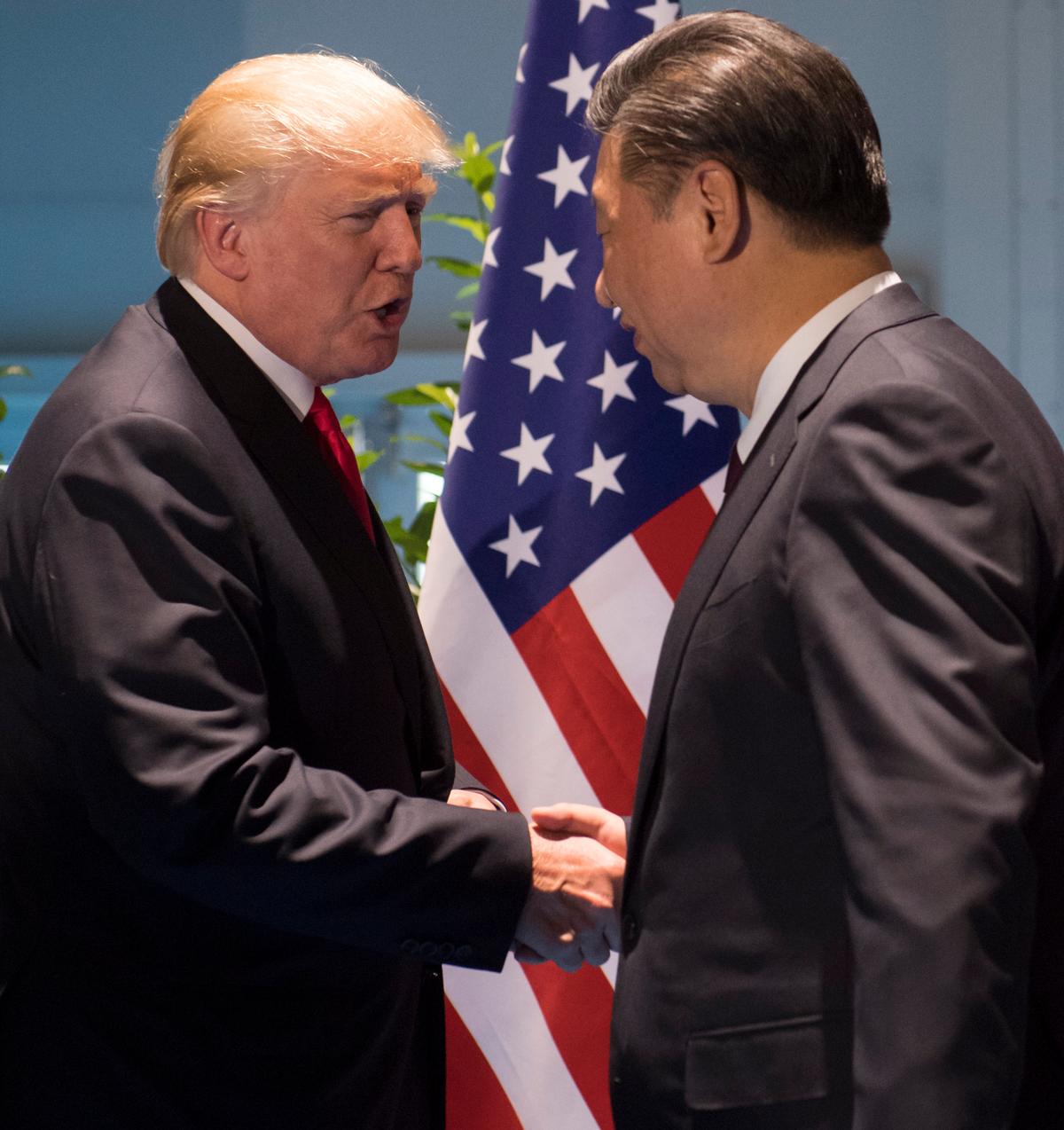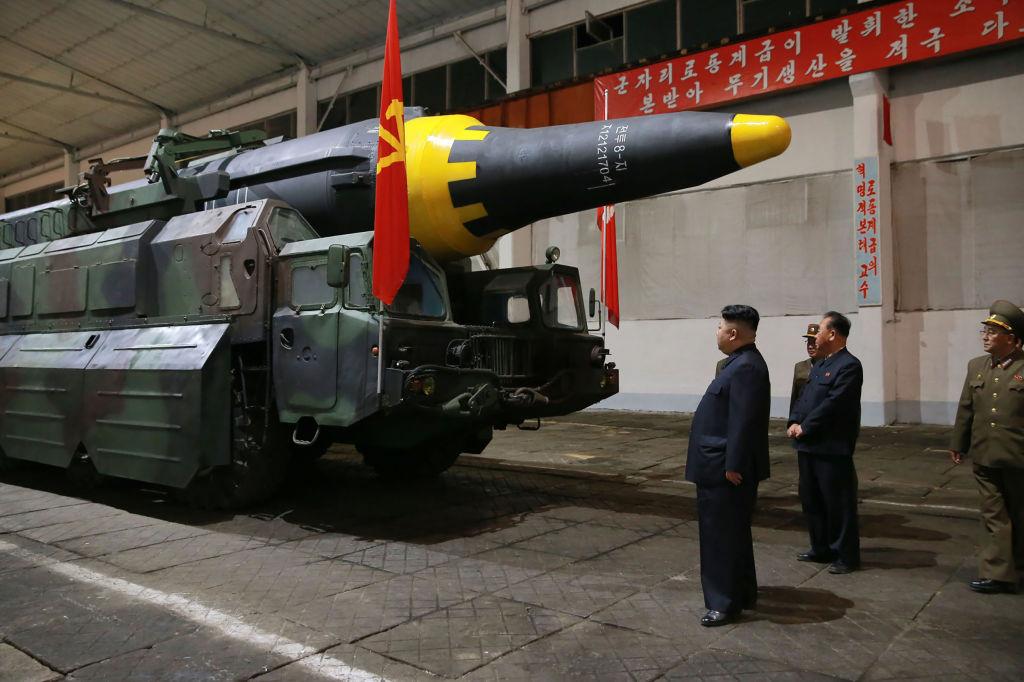Since meeting Chinese leader Xi Jinping at Mar-a-Lago in April, President Donald Trump has maintained that China is trying to help stop North Korea’s nuclear provocations.
Kim Jong Un’s regime, however, has continued to fire missile after missile (including one that could potentially hit Alaska) since the Xi–Trump meeting. Critics say that Trump’s faith in Xi was misplaced. Trump even acknowledged in a tweet that while he appreciated the efforts of Xi to help with North Korea, “it has not worked out.”
But at the recently concluded G-20 meeting in Germany, Trump continued to espouse faith in his Chinese counterpart.
“As far as North Korea is concerned, we will have, eventually, success,” Trump told Xi. “It may take longer than I‘d like. It may take longer than you’d like. But there will be success in the end, one way or the other.”
Trump’s confidence might seem like hopeful optimism given the Chinese regime isn’t exactly known for putting U.S. interests first when crafting policy; oftentimes, the reverse is more accurate.
From the level of observables, however, it does seem that the Xi leadership is serious about reining in Kim’s rogue regime.





